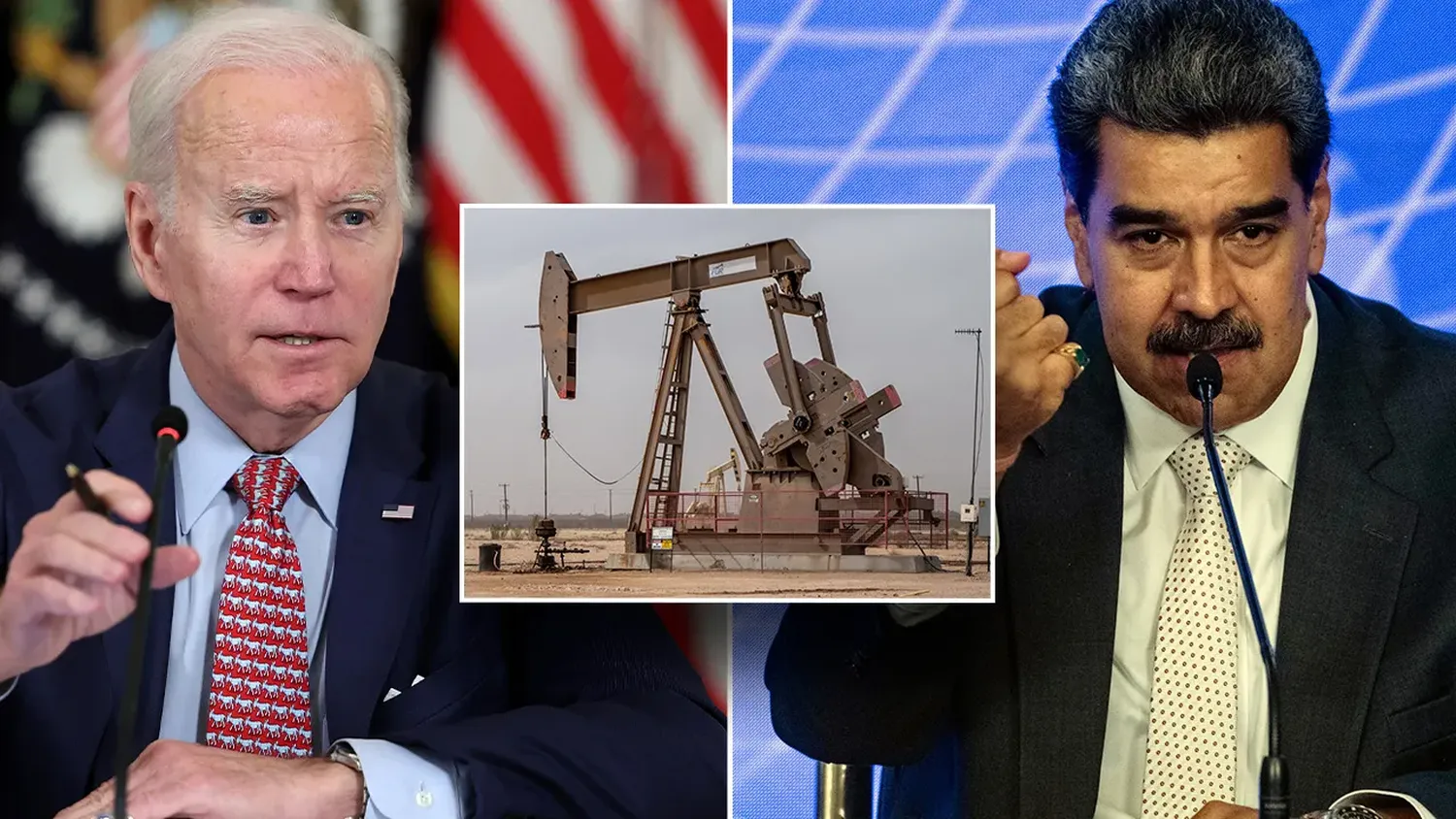World Politics
US Reimposes Oil Sanctions on Venezuela After Broken Election Promises
The United States has announced it will reimpose oil and gas sanctions on Venezuela. This decision comes in response to the Maduro government's failure to meet the conditions agreed upon to ensure a free and fair presidential election process. The reinstatement of sanctions marks a setback in the thawing relations between the two nations, which had seen some improvement following negotiations last year.
The Biden administration had previously eased sanctions on Venezuela's oil sector in October, following an agreement that promised electoral reforms and a more competitive election environment. The agreement, known as the Barbados Agreement, was seen as a breakthrough in a political stalemate that has gripped the country for years. However, recent developments indicate that the Venezuelan government has not adhered to the spirit or the letter of the agreement.
According to U.S. officials, the primary issue has been the obstruction of opposition candidates' participation in the upcoming presidential election. Notably, the leading opposition candidate, Maria Corina Machado, was barred from running, and her designated alternative, Dr. Corina Yoris, was also prevented from registering as a presidential contender. These actions have raised serious doubts about the Maduro administration's commitment to democratic processes.
The decision to reimpose sanctions was not taken lightly. A senior U.S. administration official emphasized that the move reflects a broader disappointment with Venezuela's lack of progress in adhering to democratic norms. "The reinstatement of sanctions is a direct response to the Maduro government's actions that contravene their own promises of democratic reform," the official stated. The sanctions are expected to have significant economic implications for Venezuela, which relies heavily on its oil exports.
The oil sanctions, which were initially lifted to encourage democratic progress and economic recovery in Venezuela, have been a point of contention. The lifting of sanctions had allowed international buyers to purchase Venezuelan crude without fear of U.S. penalties, providing a much-needed boost to the Venezuelan economy. However, with the return of sanctions, the Venezuelan oil industry is likely to face renewed isolation, affecting its production and financial stability.
The impact of the sanctions extends beyond economic factors. Over the past decade, Venezuela has experienced a severe humanitarian crisis, with millions of Venezuelans fleeing the country due to food shortages, hyperinflation, and political instability. The reimposition of sanctions could exacerbate these conditions, leading to further displacement and suffering among the Venezuelan population.
The international community has reacted with a mix of support and concern. While many nations agree on the need for Venezuela to adhere to democratic principles, there is also apprehension about the humanitarian implications of renewed sanctions. Human rights organizations have urged the U.S. and other international actors to consider the humanitarian impact of their policies and to work towards solutions that promote both democracy and human welfare.
As the situation develops, the U.S. has made it clear that it remains open to revising its stance if the Venezuelan government takes genuine steps towards reform. "Our goal is not to punish, but to promote a return to democracy in Venezuela. We are prepared to lift sanctions again if substantial progress is made," another U.S. official noted.
The coming months will be critical for Venezuela as it navigates these renewed challenges. The international community will be watching closely, hoping for a resolution that brings stability and democracy to a nation that has been in turmoil for too long. Meanwhile, the Venezuelan government has yet to respond formally to the reinstatement of sanctions, leaving the global community in anticipation of its next move.

